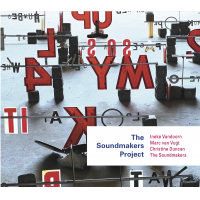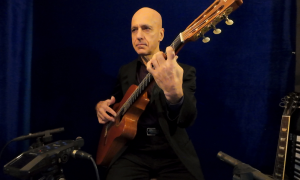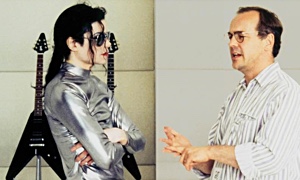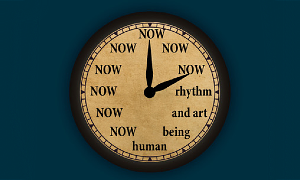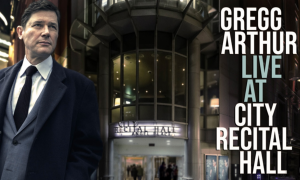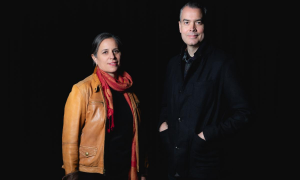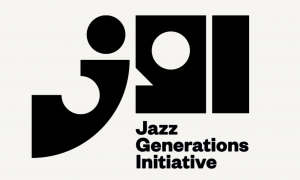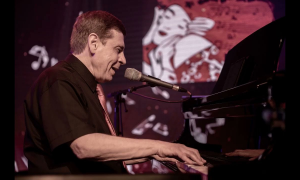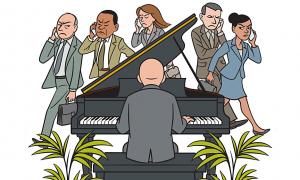Sometimes people don't know a good, no, a brilliant idea when it bites' em on the tweet. Alex W. Rodriguez @arodjazz was looking for advice on how to write a “smooth jazz" chapter for his jazz curriculum and I suggested he trace its roots back to the age-old dichotomy between “sweet" and “hot" jazz (Notice the copyright mark on the title-shows what a good idea it is). He didn't bite on it, but I am.
It's a potentially juicy area for exploration: Bert Williams-hot or sweet? James Europe wasn't sweet, but could you really call him hot? George Benson: when did it happen?)
Of course, it's also an impossibly large question for the likes of me, but Gap-toothed sitemaster Chris would pop me in the chops if I didn't run with it (This is all good insider stuff, by the way, but you're paying big money for access, so why not).
In the pop world, there was probably always a definable split between sweet and hot. You had parlor music/popular song (sweet), blues (hot), ragtime/cakewalk/minstrel/vaudeville/black theatre (in-between), marches (more or less sui generis). Then, by the teens, “jazz" (hot).
Note the large category not easily defined as either one or the other. No doubt musicians were aware of what their audience wanted (their “demo" we modern hucksters would say) and were fluid as necessary. Sometimes a person sang some folk; sometimes some blues-stands to reason. Vaudeville billed itself as family-friendly, but hot performers came out of there. Did they wait until they left to start being hot? Seems doubtful.
With the over-generalized style practiced by a blogger who wants to hold his audience, I mean, given our space limitations, it's not possible to parse what happened before “jazz." It seems more reasonable to tackle the issue of Sweet, Hot and Smooth© by starting in the late teens, when the word 'jazz' began to stick and denote something pretty specific. Sidebar to researchers: It would be interesting to know the extent to which the use of the label “jazz"was media-driven or a collective decision-spoken or unspoken-on the part of its practitioners.
Until that time, we shall struggle ahead, picking up our investigation next time with: “Jazz Cage Match© Part the First: Fletcher 'Hatchet' Henderson vs. 'Grapplin' Guy Lombardo."
It's a potentially juicy area for exploration: Bert Williams-hot or sweet? James Europe wasn't sweet, but could you really call him hot? George Benson: when did it happen?)
Of course, it's also an impossibly large question for the likes of me, but Gap-toothed sitemaster Chris would pop me in the chops if I didn't run with it (This is all good insider stuff, by the way, but you're paying big money for access, so why not).
In the pop world, there was probably always a definable split between sweet and hot. You had parlor music/popular song (sweet), blues (hot), ragtime/cakewalk/minstrel/vaudeville/black theatre (in-between), marches (more or less sui generis). Then, by the teens, “jazz" (hot).
Note the large category not easily defined as either one or the other. No doubt musicians were aware of what their audience wanted (their “demo" we modern hucksters would say) and were fluid as necessary. Sometimes a person sang some folk; sometimes some blues-stands to reason. Vaudeville billed itself as family-friendly, but hot performers came out of there. Did they wait until they left to start being hot? Seems doubtful.
With the over-generalized style practiced by a blogger who wants to hold his audience, I mean, given our space limitations, it's not possible to parse what happened before “jazz." It seems more reasonable to tackle the issue of Sweet, Hot and Smooth© by starting in the late teens, when the word 'jazz' began to stick and denote something pretty specific. Sidebar to researchers: It would be interesting to know the extent to which the use of the label “jazz"was media-driven or a collective decision-spoken or unspoken-on the part of its practitioners.
Until that time, we shall struggle ahead, picking up our investigation next time with: “Jazz Cage Match© Part the First: Fletcher 'Hatchet' Henderson vs. 'Grapplin' Guy Lombardo."








